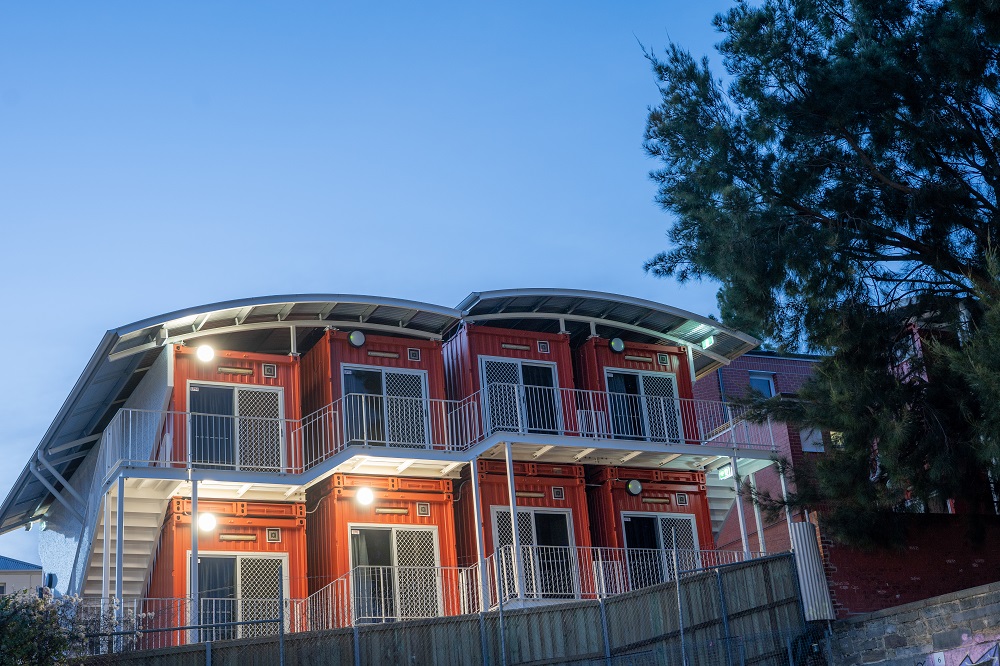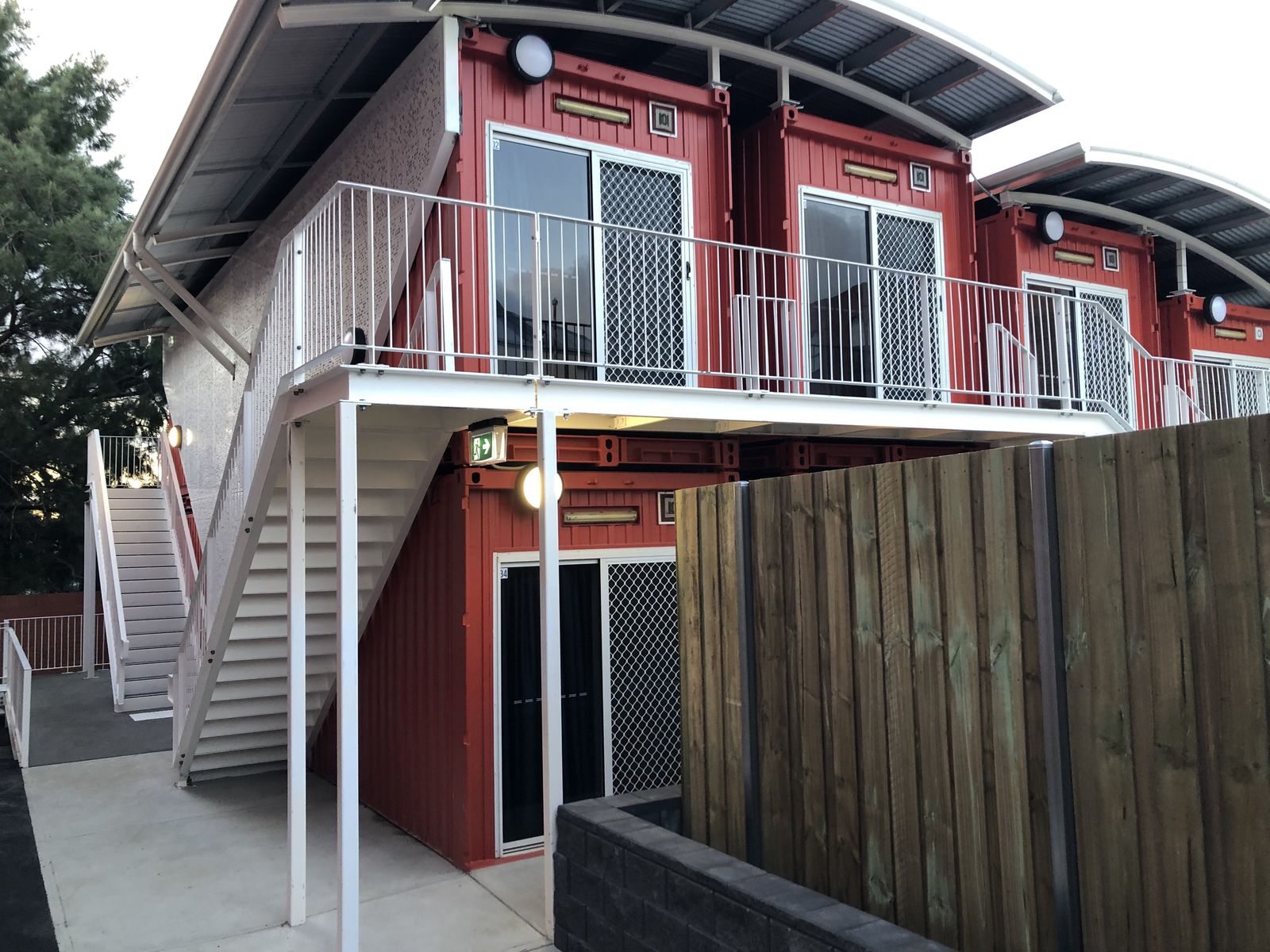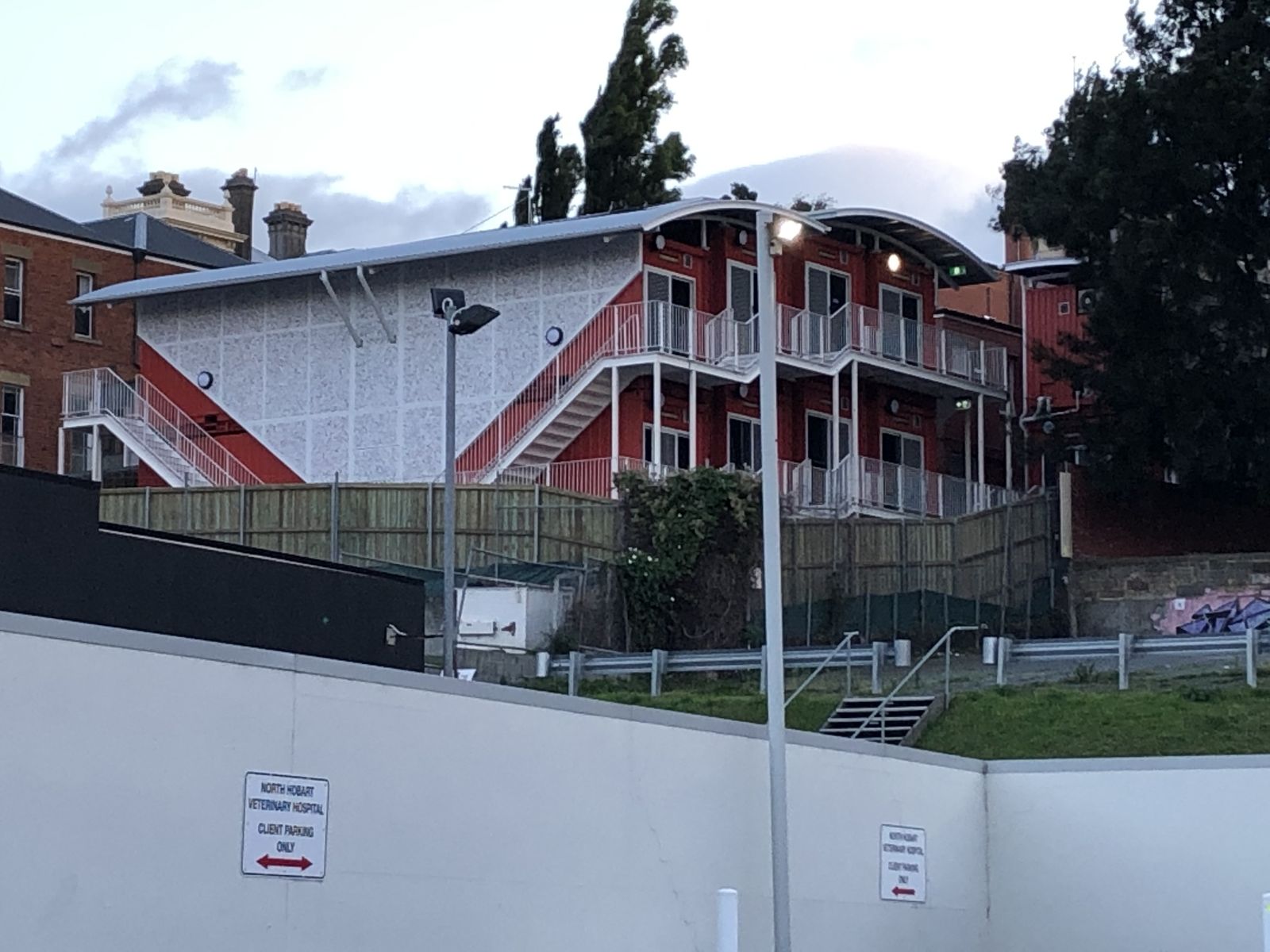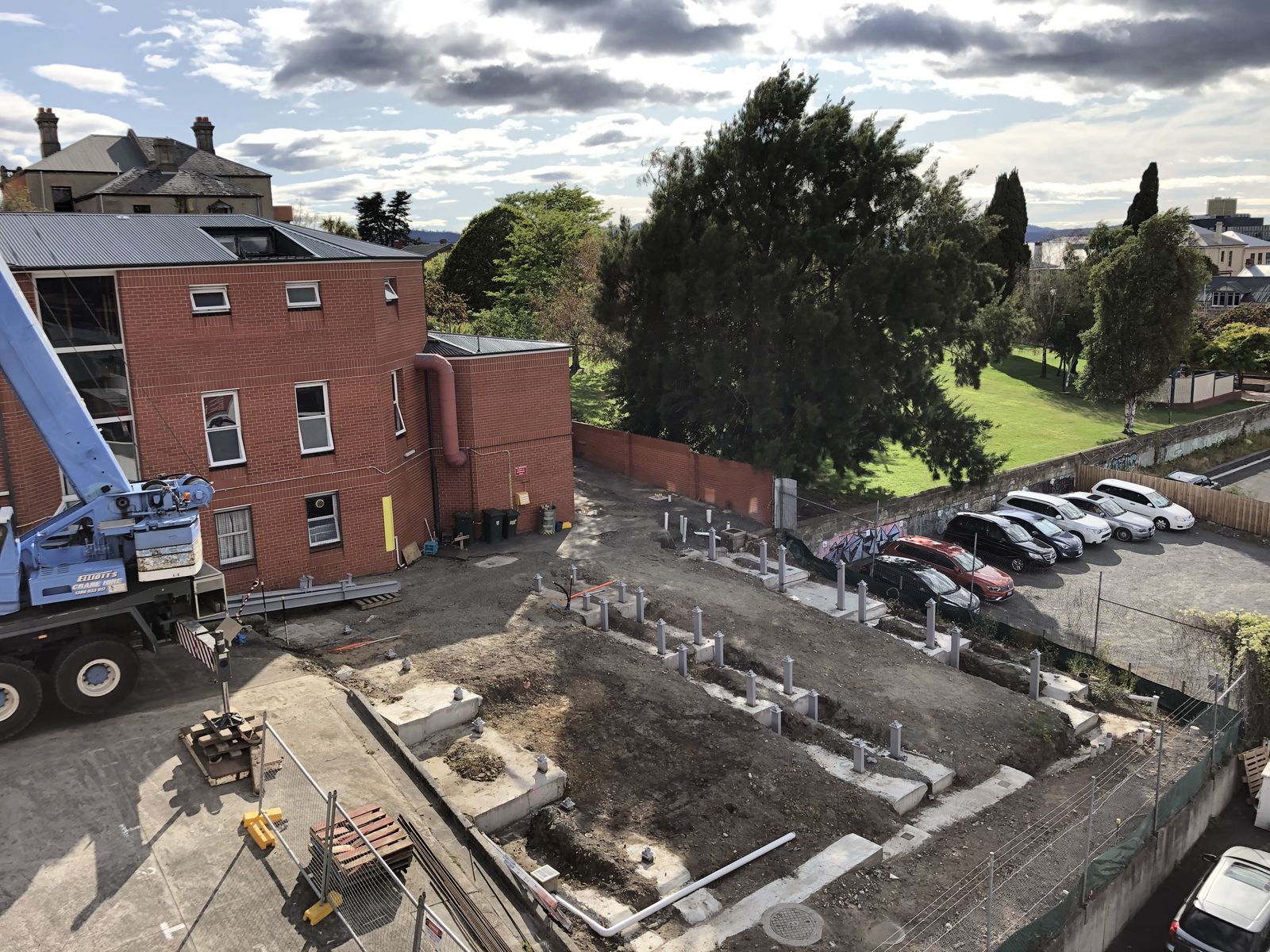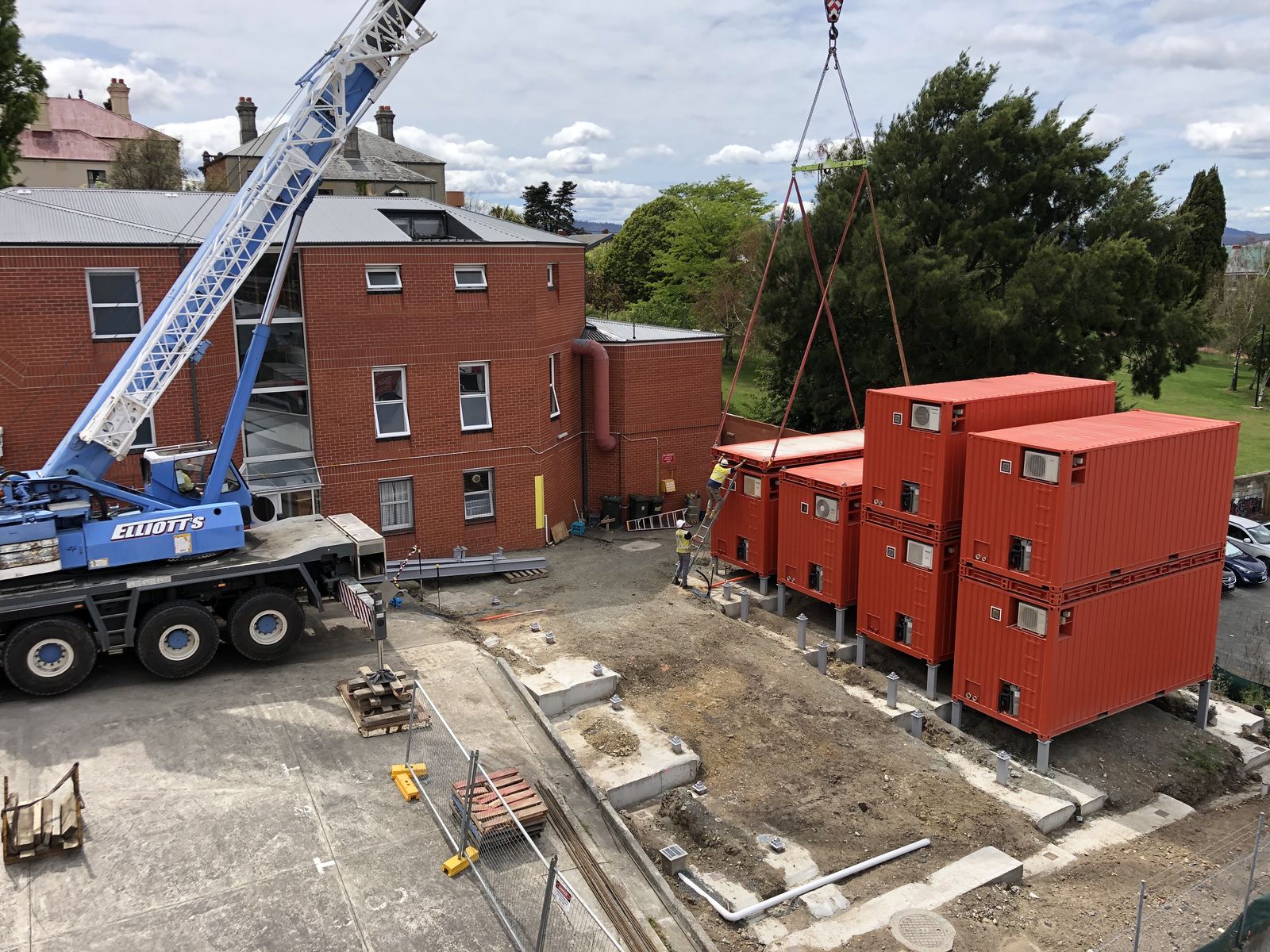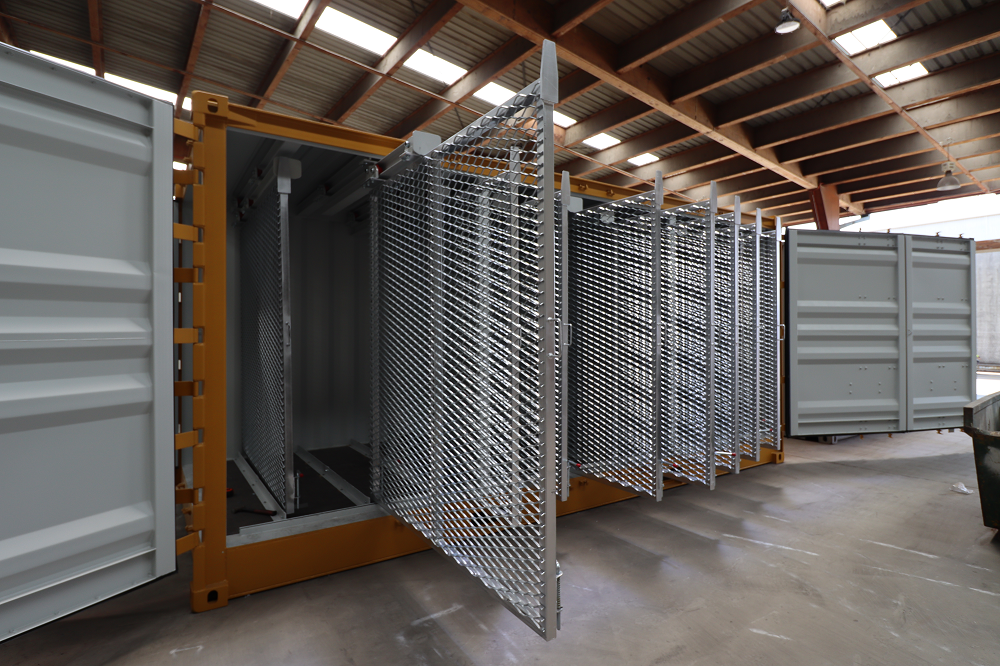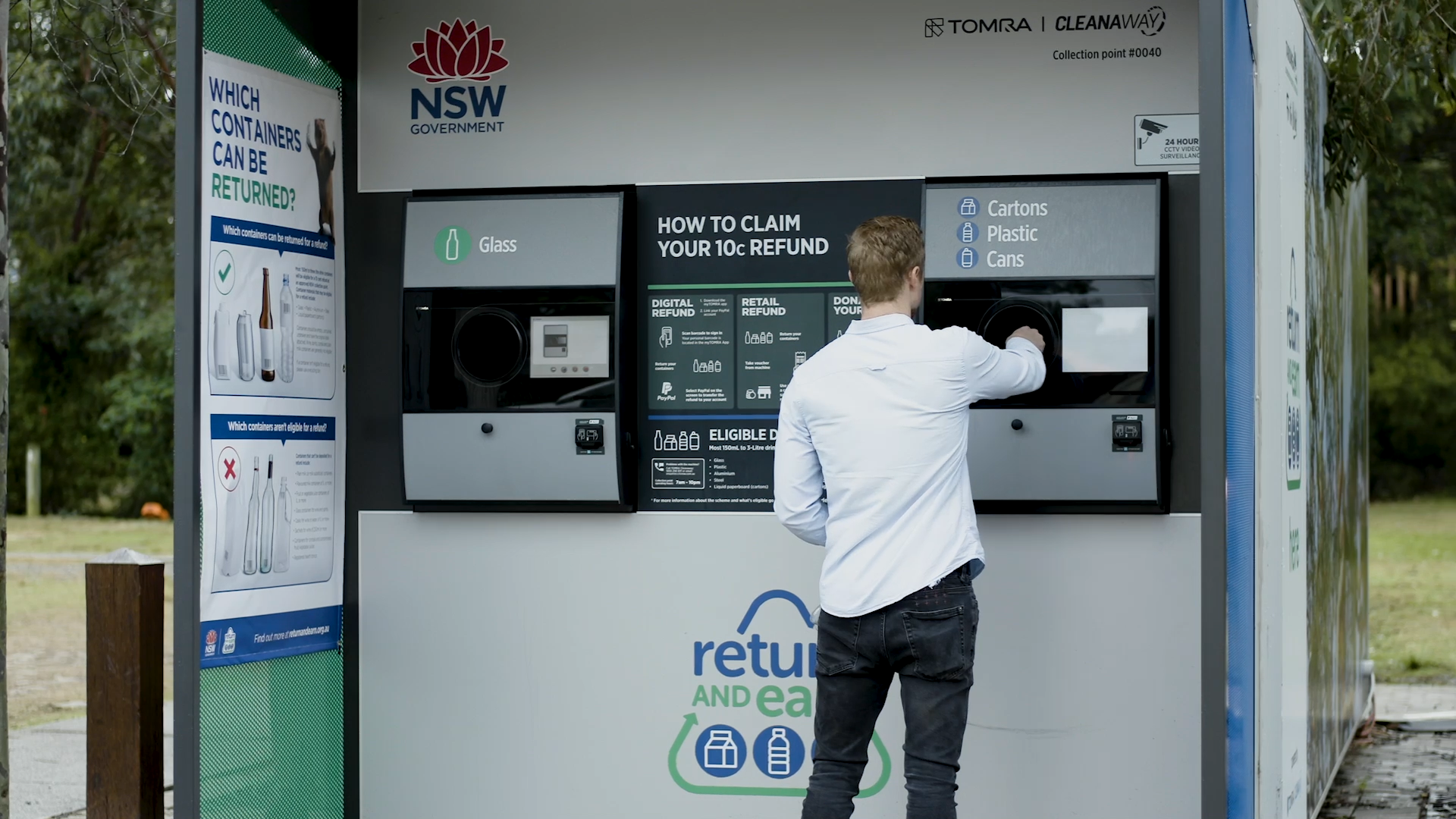
Royal Wolf demonstrates that even the most rigid of products can be re-imagined when a company needs to adapt to the market, and when a society comes calling for solutions.
In recent years, Royal Wolf’s containers have been deployed for use as uni student accommodation, a food market village and in 2020, as crisis accommodation for the homeless in Tasmania, in an innovative scheme that drew widespread interest among groups working in the sector.
CEO Neil Littlewood says the “reinvention” of the shipping container has been vital to Royal Wolf’s success over its 25-year history.
"It is about identifying requirements for solutions – whether they are for storage of dry goods, frozen goods; or for providing accommodation on a worksite; or, like what we are doing in Tasmania, being part of a solution tackling the homelessness crisis.”
"As a company it helped us learn about ourselves and what we could do. That was one of the most exciting things about the company and the containers. Most people have this view that it is just this steel container, but what you can do inside that is quite interesting. People all over the globe, not just Australia, have come up with some sensational solutions for using these containers, using their structural integrity. There have been some great fit-outs."
Those solutions have been as huge as China’s 1000-bed pop-up hospitals, each using hundreds of containers, built in a matter of days to address COVID-19; and as small as the single white container carted from city to city around the world, including Australia, by UK immersive-theatre company Darkfield, decked out inside to resemble a commercial aircraft.
During the COVID-19 pandemic, the company was instrumental in providing emergency response testing stations and, in Geelong, the modification of a container into a visitors’ pod at an aged care facility.
The company’s largest long-term solution project was an 85-container build in 2019 to provide accommodation for some 180 live-in students at the University of Tasmania's (UTAS) Sandy Bay campus. About 60 converted 40-foot container "pods" each house three students while the rest of the containers were used for admin areas, access and creating linking walkways.
As a result of the uni project, the Tasmania State Government approached Royal Wolf to assist in addressing the state’s homelessness crisis. The solution was 18 shipping containers fitted out as single-person pods installed two-high at Hobart’s Bethlehem House, a homeless accommodation service for men; and 10 larger containers for use by the Hobart Women's Shelter as crisis accommodation for women and children affected by domestic violence.
The Tasmanian Government commissioned the units, including a further seven units for the women's shelter, under its $5 million Emergency Homeless Response package, part of a massive eight-year $258 million Affordable Housing Strategy.
Mr Littlewood says the entire company and the local team in Hobart have a sense of pride in being able to be part of the solution. "And I really applaud the Tasmanian Government for thinking about innovative ways to address problems and their progressive approach to the issue," he says.
"To me it is about understanding what governments, councils and clients are looking for; analysing that; providing an innovative and individual solution for them; and then delivering on that in a timely manner. That is our core function."
So while the humble shipping container still remains more utilitarian than utopian, its role and relevance in society has never been more diverse.

